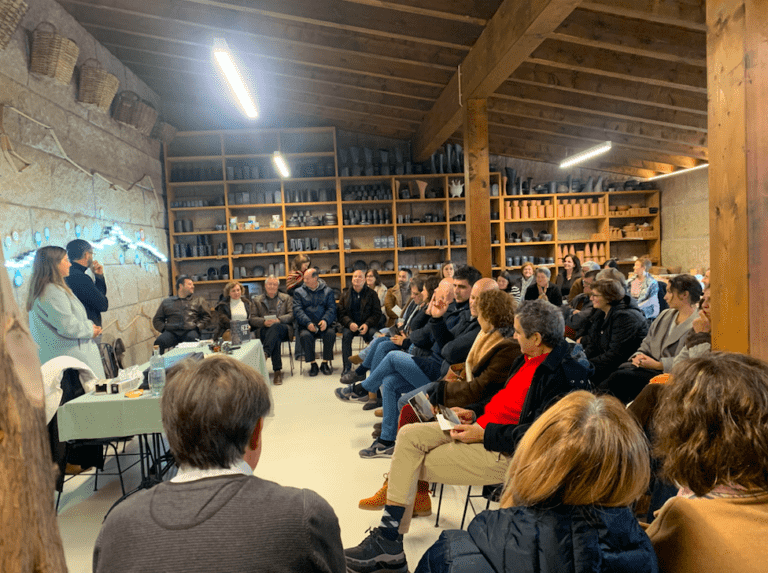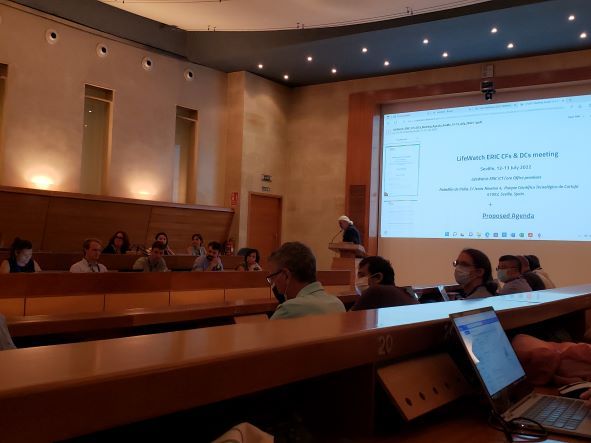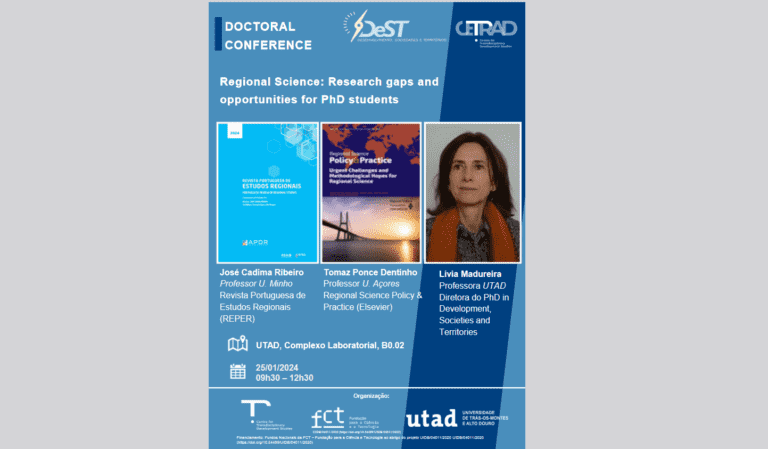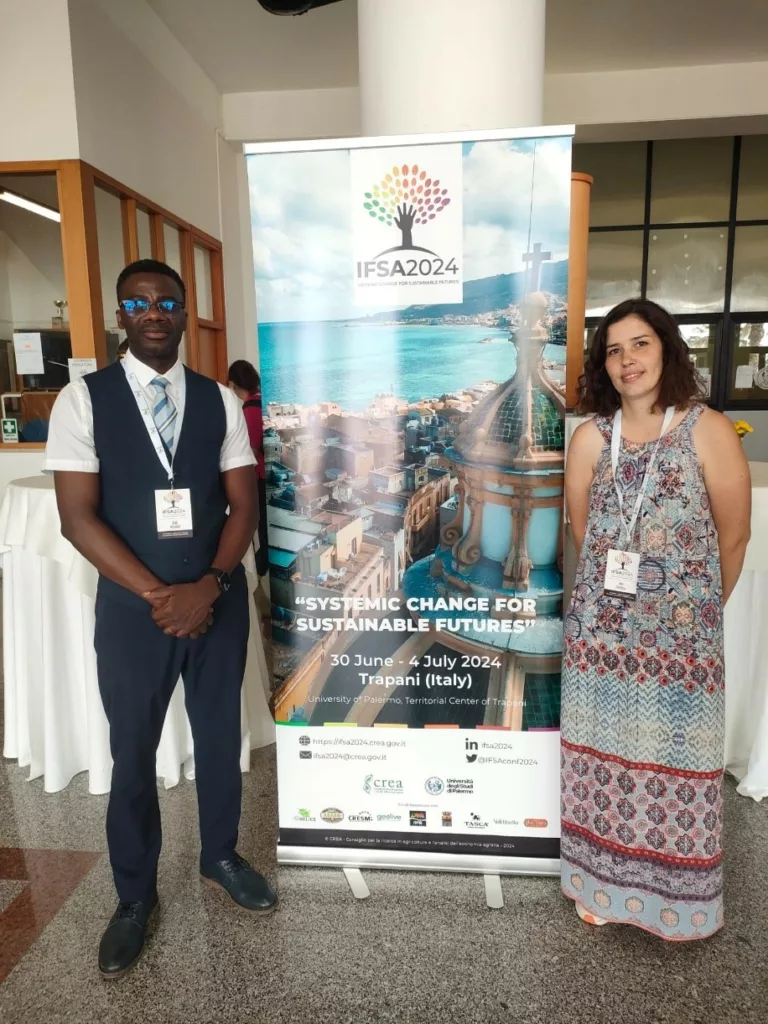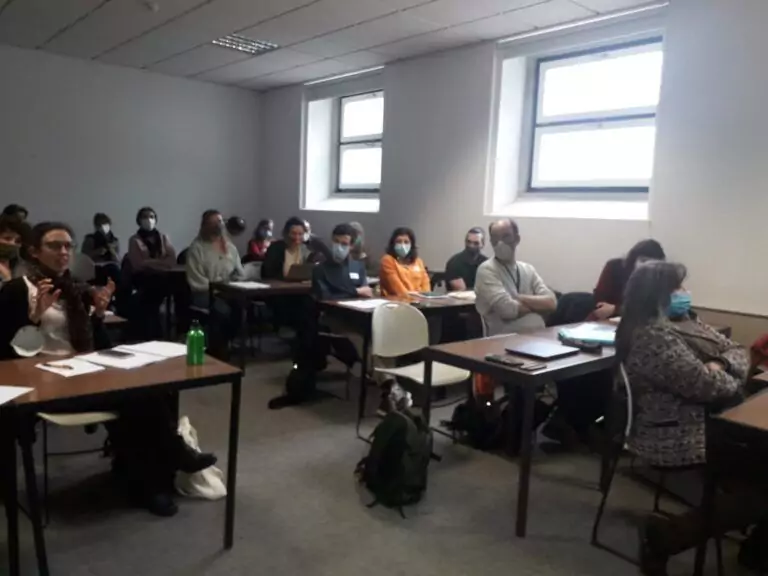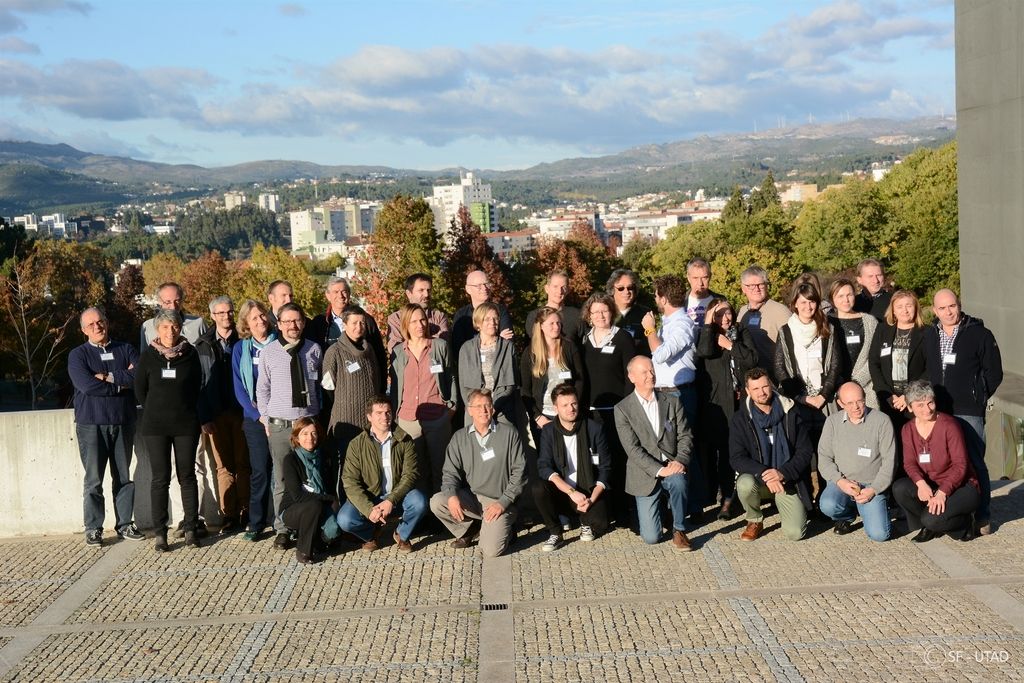
It has just been released at the scientific journal EuroChoices the Special Issue Designing Evidence-based Farm Advisory Policies for Sustainable Transition organised by the multi-actor team of AgriLink H2020 project (2017-2021). UTAD, through CETRAD researchers contribution, including PhD students, had a significant participation in this project, coordinating the working package on the “Innovation case studies in Focus Regions”, which had comprised 31 case studies across more than 40 regions in 13 European countries. This special issue is fully available in open access (offered by the scientific society responsible by the Journal) at the link https://onlinelibrary.wiley.com/toc/1746692x/2022/21/1.
The UTAD/CETRAD team participate in all the WP of the project and contributed to this SI, alongside with a diversity of outputs (scientific and practice-oriented) available in Agrilink website.
The aim of this special issue on Designing Evidence-based Farm Advisory Policies for Sustainable Transition offers is to disseminate key findings of our work and thus contribute to evidence-based advisory policies that best fit the conditions for the sustainable development of agriculture.
The first set of articles critically assess European farm advisory policies (Labarthe and Beck) in a context of increased pluralism of suppliers (see Sutherland and Labarthe, with a focus on ‘independent’ vs. ‘linked’ suppliers).
The second set address the role of participatory methods in the design of advisory policies in this context (Potters et al. and Leloup et al., on Living Labs and Transition Scenario workshops, respectively). A third set of papers presents findings about the transformations of farmers’ needs and practices (and how they are met or not by advisory services), based on our concept of microAKIS (see the Parlons Graphiques by Madureira et al. for illustrations). These articles rely on evidence from field work implemented in 13 countries (Belgium, Czechia, France, Greece, Italy, Latvia, Netherlands, Norway, Poland, Portugal, Romania, Spain and the UK). More than 1,000 farmers were interviewed, making this the largest dataset on the relations of farmers to advisors recently collected in Europe. Articles highlight the microAKIS of different social categories with specific profiles: career changers (Zabko and Tisenkopfs), farm workers (Laurent and Nguyen) and droppers of innovation (Sutherland et al.). Overall, we argue that there is a need to learn from hard-to-reach farmers and workers and deploy innovative public policies and actors to engage with them (see the Point de Vue by Labarthe et al.). As a whole, the papers demonstrate the critical importance of making better use of advances in social sciences to advance policy design, particularly understanding the role of advice within social interactions, and to strengthen the inclusiveness of public policies dealing with farm advisory services.


